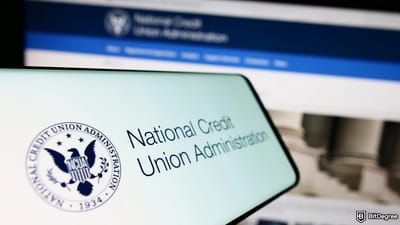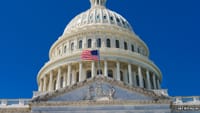Stop overpaying - start transferring money with Ogvio. Sign up, invite friends & grab Rewards now! 🎁
India Wants to Encourage the Talk of Global Framework for Regulation of Crypto
As President of the G20, India seeks to steer the conversation toward global crypto regulations.
During the Group of 20 (G20) summit, Indian Prime Minister Narendra Modi reaffirmed the idea of regulating cryptocurrencies on a global scale.
Acting as the president of the meeting, India advocated for a comprehensive framework for the regulation.

Did you know?
Subscribe - We publish new crypto explainer videos every week!
What is Odysee & LBRY? Is Decentralized YouTube Possible? (ANIMATED)


In an interview, Modi acknowledged that technology is rapidly changing and improving, “with the focus should be on adoption, democratisation and a unified approach.” He also admitted that rules and regulations shouldn’t depend on one country or even a group of countries.
He added that crypto and other technologies would benefit from global regulations. He said that a global model is needed, with an additional emphasis on the global south.
The PM claimed that in the G20, India “hosted enriching seminars and discussions, deepening insights into crypto assets.”
As an example, he spoke of aviation rules that determine air traffic control and air security. According to Modi, India is doing its part in pushing forward the talks of crypto.
India’s G20 presidency expanded the crypto conversation beyond financial stability to consider its broader macroeconomic implications, especially for emerging markets and developing economies.
Modi explained that the G20 currently has a detailed and action-oriented road map regarding crypto regulations. The group has already come up with details on how to move ahead.
The G20 members represent close to two-thirds of the world population, over 75% of the global trade and around 85% of the global GDP. Any regulation accepted on this global scale will likely impact the industry for years to come.
And this is not India’s first foray into the oversight of cryptocurrencies. Back in March, the country stated that crypto traders must comply with strict anti-money laundering rules.






















